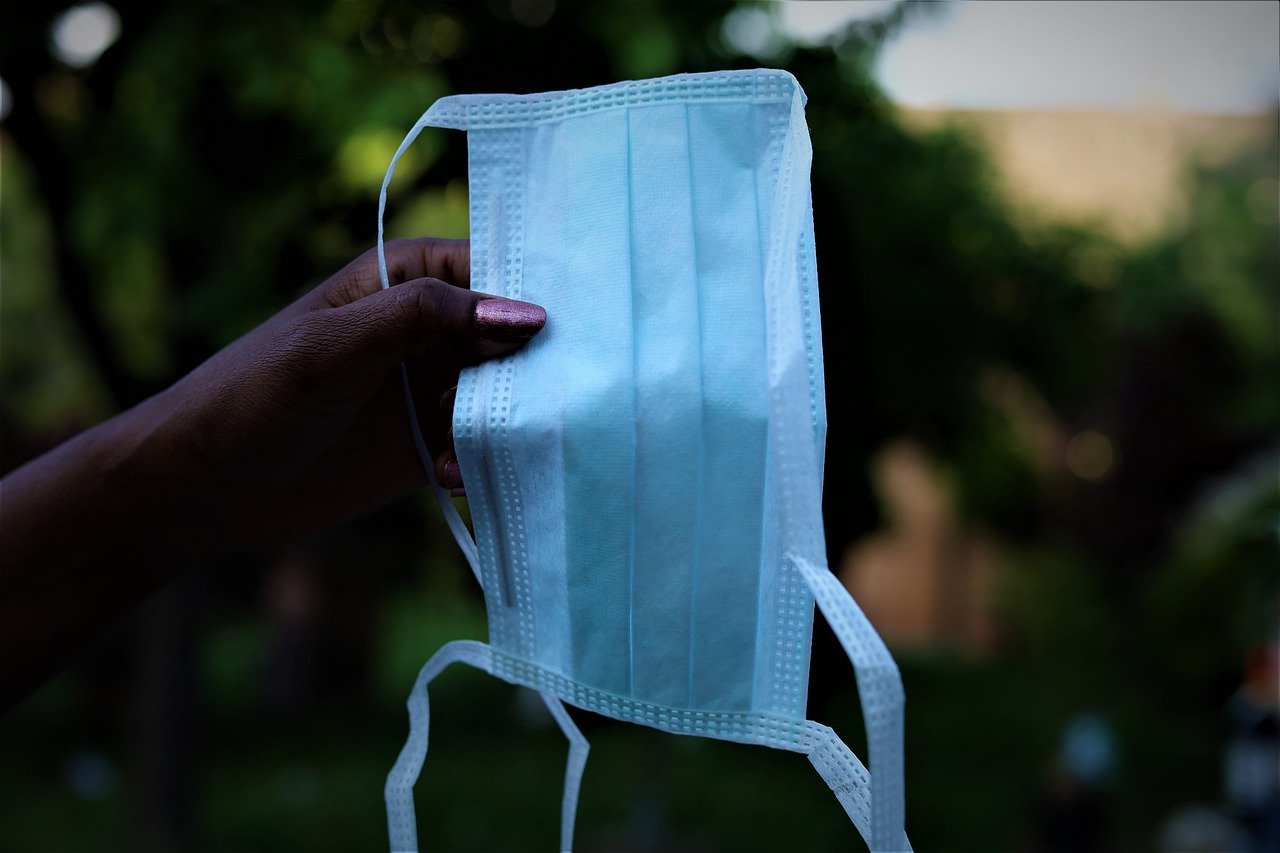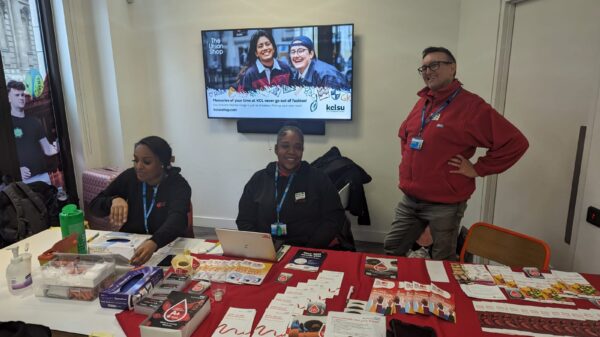Universities Allied for Access to Medicines (UAEM) KCL Campaigns Manager Ayda Haile-Redai on how the Covid-19 pandemic has highlighted the need of more support for refugees.Â
Last month UAEM took to the streets to march for universally accessible Covid-19 health technologies. One of UAEM’s major concerns was how exclusive licensing could result in a vaccine and other health technologies that are not financially accessible to low and middle-income countries, as well as vulnerable communities in developed countries without a public healthcare system.
Given the fact that universal health coverage is seemingly guaranteed under the NHS, this is not assumed to be a problem in the UK. However, the UK’s healthcare system may not prove as inclusive as many think.
For refugees and asylum seekers, getting necessary healthcare can be an ordeal. Many are unaware of their entitlement to free primary healthcare, and it is widely reported that those who are aware are unlawfully turned away when trying to register with local General Practices. For asylum seekers who manage to register, their continuity of care is hindered as a result of the no-choice dispersal policy which uproots refugees, disrupting their lives yet again. A study conducted by Doctors of the World UK shows that fear of being arrested or detained is one of the most commonly reported reasons for avoiding healthcare services. Being asked to provide proof of identity has led to fears among asylum seekers that they may be reported to the Home Office. Indeed, the NHS is required to share patient information with the Home Office when refused asylum seekers have an outstanding debt above £500. This may be taken as evidence to refuse future asylum appeals.
Covid-19 has presented a threat to the livelihoods and health of all. However, pre-existing structural inequities — including the discussed barriers to healthcare — place refugees and asylum seekers at heightened risk alongside the rest of the BAME community. The overcrowded living conditions many of those people live in not only increase the likelihood of contracting the virus, but affect their mental state. The lockdown has had an insidious impact on their mental health, with studies showing them to be disproportionately affected by psychological issues.
Whilst volunteering at the Community Action for Refugees and Asylum Seekers (CARAS) Centre, I was able to gain insight into the psychological trauma that afflicts young asylum seekers. Many of them end up in the UK after long and perilous journeys through deserts, seas, and conflict zones, with the horrors of sexual exploitation, starvation, being tortured for ransom, and being sold into slavery imminent threats throughout. This trauma has only been amplified by the confusion and anxiety induced by the Covid-19 crisis. To make matters worse, an increasingly hostile political environment has branded refugees who cross the English Channel as criminals. Despite this already abundant hardship, most refused asylum seekers are ineligible to receive hospital and community psychiatric care for free unless it is “immediately life-threatening”.
Currently, treatment and testing for Covid-19 is free for refugees, asylum seekers and those refused asylum. It is expected that when developed, the vaccine should be available to all. However, if refugees and asylum seekers are not made aware of their right to healthcare, cannot register at their GPs, or do not feel confident their applications will go through, there will not be a sufficient uptake of the eventual vaccine. Going a step further, access to mental health services is more important than ever and should be guaranteed.
It is true that the government has introduced new policies regarding the asylum process in response to the pandemic. Positive changes during the lockdown have included refugee application appeals now being accepted by post and the suspension of in-person reporting requirements to the Home Office. Other changes have not yielded beneficial outcomes. Evictions from temporary accommodation for asylum seekers following receipt of their application decision has been halted. However, this has also meant the number of people housed in these places has risen significantly, causing living conditions to become even more cramped. There has been an increase in asylum support – the only source of income for asylum seekers — by just £1.85 to £39.60 per week. Some refugee support charities have described this as “insulting”.
The 1951 Refugee Convention enshrines “the right under international law to the highest standards of physical and mental health” for forcibly displaced people. We must ensure that this is realised for the 1% of the world’s refugees that live in the UK, and for all asylum seekers. The Covid-19 crisis has shown us more than ever that refugees are assets to our society. Many of the 1,200 medically qualified refugees in the UK have stepped up during the pandemic, working on the frontline as medical staff. It is high time we step up for them too.
















